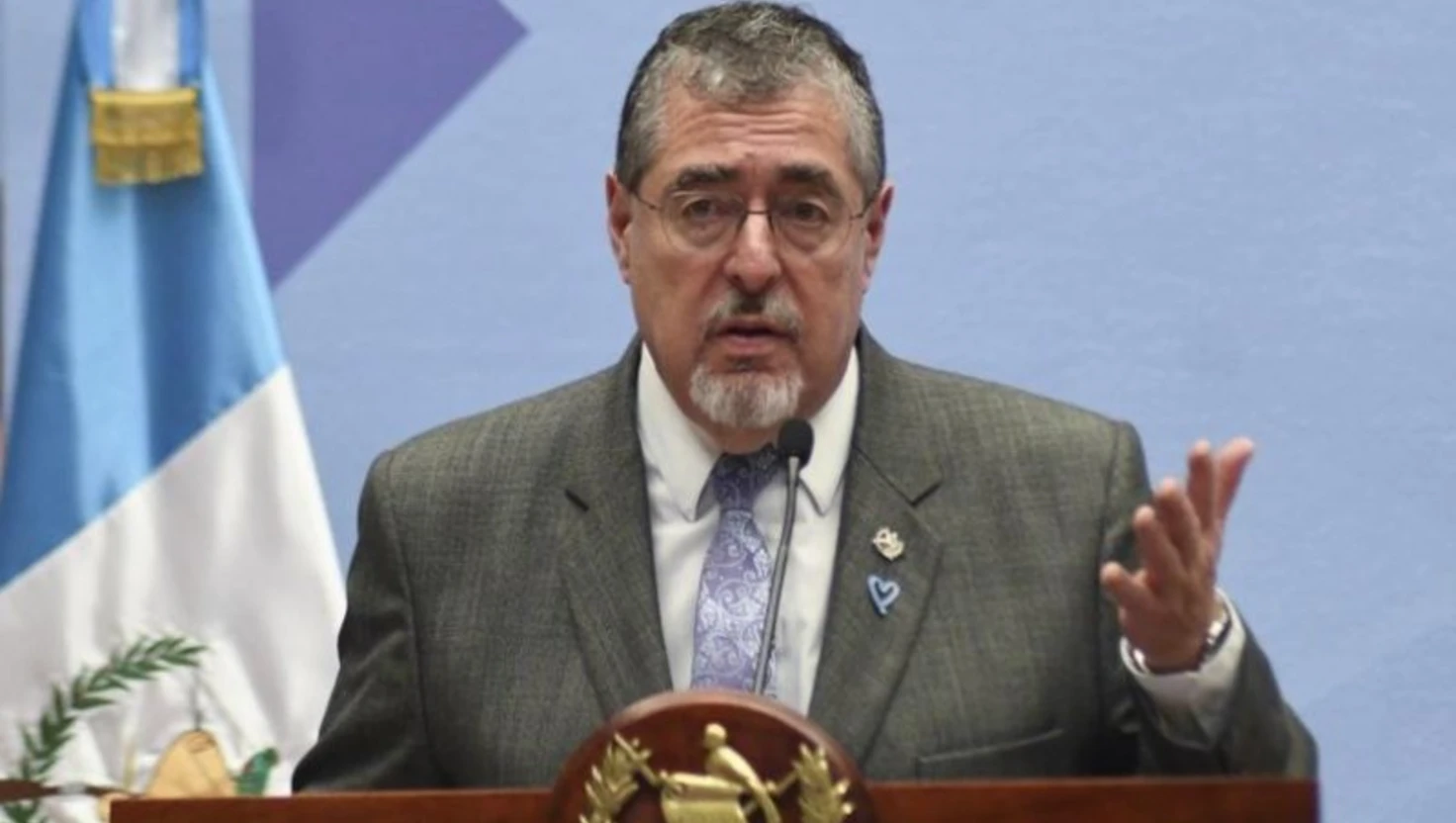Canada Charges B.C. Resident in $47 Million Money Laundering Investigation

A Burnaby man is charged in connection with a $47 million interprovincial money laundering scheme involving unregistered money services and illegal cannabis.
A Burnaby man is charged in connection with a $47 million interprovincial money laundering scheme involving unregistered money services and illegal cannabis.
Canadian police have arrested and charged a man in British Columbia following a two-year investigation into an interprovincial money laundering scheme that reportedly involved millions in illegal proceeds linked to cannabis sales and unregistered financial services.
The Royal Canadian Mounted Police (RCMP) Federal Financial Crime Team, operating under the Federal Policing Northwest Region, arrested 30-year-old Harry Seo of Burnaby, British Columbia, on 30 December 2024. He now faces four charges, including laundering proceeds of crime and participation in a criminal organisation.
The RCMP alleges that Mr Seo operated within a criminal group that laundered approximately $47 million between 2018 and 2020. Investigators say that the network used a series of numbered companies based in Alberta and British Columbia, functioning as unregistered money services businesses (uMSBs), to receive and move funds originating from the sale of illicit cannabis through online dispensaries.
Authorities believe these companies processed tens of millions of dollars through electronic bank transfers. Through the use of linked email addresses, investigators identified eight individuals involved in funnelling the illicit proceeds.
Online Cannabis Sales and Financial Cover
According to the RCMP, Mr Seo received payments from the criminal network to help conceal the origins of the money and to prevent detection by law enforcement and financial regulators. He is also alleged to have operated two illegal cannabis businesses in the Edmonton and Burnaby areas.
The accused faces charges of laundering the proceeds of crime, operating an unregistered money services business—an offence under Canada’s anti-money laundering legislation—as well as charges related to organised crime and unlawful possession of cannabis for sale.
He is scheduled to appear before Vancouver Provincial Court on 31 January 2025.
Multiple Convictions and Ongoing Trials
Mr Seo is the seventh individual to be charged in connection with the investigation. Earlier, five people were convicted for operating unregistered money services businesses in violation of the Proceeds of Crime (Money Laundering) and Terrorist Financing Act. All were sentenced to conditional terms and ordered to forfeit sums ranging from $50,000 to $155,000.
A sixth individual from Brampton, Ontario, has also been charged and is set to stand trial in November 2025 in Alberta.
Inspector John Lamming, who oversees financial integrity and cybercrime for the RCMP’s Northwest Region, described the case as a significant success in Canada’s broader efforts to combat money laundering.
“This criminal organization operated throughout western Canada to collect, transfer and benefit from approximately $47 million in proceeds of crime,” said Inspector Lamming. “By partnering with FINTRAC and the Canada Revenue Agency, we collected a significant amount of evidence to demonstrate how this group laundered significant proceeds of crime earned from the sale of illegal cannabis.”
Coordinated Investigation Across Agencies
The investigation, which was described by police as extensive and complex, involved collaboration among several government bodies. These included the Financial Transactions and Reports Analysis Centre of Canada (FINTRAC), the Canada Revenue Agency (CRA), the Vancouver Police Department, and the RCMP’s Federal Policing Pacific Region.
The RCMP’s Federal Financial Crime Team is a specialised unit tasked with investigating organised financial crimes and enforcing anti-money laundering measures across Canada.
Context
Money laundering linked to the illegal cannabis trade has emerged as a growing concern in Canada, even after the legalisation of recreational cannabis in 2018. Criminal groups continue to exploit online sales and unregistered financial services to hide the origins of proceeds from illegal operations.
Canada’s federal agencies have increased coordination to tackle such financial crimes, particularly those involving organised groups operating across provincial boundaries. Authorities continue to monitor the use of digital payment platforms and shell companies in concealing illegal funds.
The case underscores the Canadian government’s ongoing efforts to preserve the integrity of its financial system while targeting networks that attempt to bypass legal and regulatory frameworks.
The Royal Canadian Mounted Police (RCMP) Federal Financial Crime Team, operating under the Federal Policing Northwest Region, arrested 30-year-old Harry Seo of Burnaby, British Columbia, on 30 December 2024. He now faces four charges, including laundering proceeds of crime and participation in a criminal organisation.
The RCMP alleges that Mr Seo operated within a criminal group that laundered approximately $47 million between 2018 and 2020. Investigators say that the network used a series of numbered companies based in Alberta and British Columbia, functioning as unregistered money services businesses (uMSBs), to receive and move funds originating from the sale of illicit cannabis through online dispensaries.
Authorities believe these companies processed tens of millions of dollars through electronic bank transfers. Through the use of linked email addresses, investigators identified eight individuals involved in funnelling the illicit proceeds.
Online Cannabis Sales and Financial Cover
According to the RCMP, Mr Seo received payments from the criminal network to help conceal the origins of the money and to prevent detection by law enforcement and financial regulators. He is also alleged to have operated two illegal cannabis businesses in the Edmonton and Burnaby areas.
The accused faces charges of laundering the proceeds of crime, operating an unregistered money services business—an offence under Canada’s anti-money laundering legislation—as well as charges related to organised crime and unlawful possession of cannabis for sale.
He is scheduled to appear before Vancouver Provincial Court on 31 January 2025.
Multiple Convictions and Ongoing Trials
Mr Seo is the seventh individual to be charged in connection with the investigation. Earlier, five people were convicted for operating unregistered money services businesses in violation of the Proceeds of Crime (Money Laundering) and Terrorist Financing Act. All were sentenced to conditional terms and ordered to forfeit sums ranging from $50,000 to $155,000.
A sixth individual from Brampton, Ontario, has also been charged and is set to stand trial in November 2025 in Alberta.
Inspector John Lamming, who oversees financial integrity and cybercrime for the RCMP’s Northwest Region, described the case as a significant success in Canada’s broader efforts to combat money laundering.
“This criminal organization operated throughout western Canada to collect, transfer and benefit from approximately $47 million in proceeds of crime,” said Inspector Lamming. “By partnering with FINTRAC and the Canada Revenue Agency, we collected a significant amount of evidence to demonstrate how this group laundered significant proceeds of crime earned from the sale of illegal cannabis.”
Coordinated Investigation Across Agencies
The investigation, which was described by police as extensive and complex, involved collaboration among several government bodies. These included the Financial Transactions and Reports Analysis Centre of Canada (FINTRAC), the Canada Revenue Agency (CRA), the Vancouver Police Department, and the RCMP’s Federal Policing Pacific Region.
The RCMP’s Federal Financial Crime Team is a specialised unit tasked with investigating organised financial crimes and enforcing anti-money laundering measures across Canada.
Context
Money laundering linked to the illegal cannabis trade has emerged as a growing concern in Canada, even after the legalisation of recreational cannabis in 2018. Criminal groups continue to exploit online sales and unregistered financial services to hide the origins of proceeds from illegal operations.
Canada’s federal agencies have increased coordination to tackle such financial crimes, particularly those involving organised groups operating across provincial boundaries. Authorities continue to monitor the use of digital payment platforms and shell companies in concealing illegal funds.
The case underscores the Canadian government’s ongoing efforts to preserve the integrity of its financial system while targeting networks that attempt to bypass legal and regulatory frameworks.

Guatemala modernizing money laundering laws to avoid international sanctions
Guatemala's government has proposed new legislation to modernize money laundering laws and prevent international financial sanctions.
| 2025-08-01

Turkish Crypto Platform ICRYPEX Under Investigation for Money Laundering
Assets of Turkish cryptocurrency platform ICRYPEX seized in money laundering investigation, involving owner Gökalp Içer, according to official reports.
| 2025-08-01

Italy seizes €486 000 in investigation into money laundering
The European Public Prosecutor’s Office has seized €486,000 in Italy amid a probe into suspected fraud and money laundering involving EU recovery funds.
| 2025-07-31

UK Sounds Alarm on New Money Laundering and Terrorist Financing Threats
The UK's 2025 money laundering risk assessment reveals growing threats from property, cryptocurrencies, and alternative payment systems, urging urgent reforms.
| 2025-07-31

AML Bitcoin founder Sentenced to 7 Years for Money Laundering
US cryptocurrency founder Rowland Marcus Andrade sentenced to seven years for defrauding investors in AML Bitcoin scheme and laundering over $2 million.
| 2025-07-31



